What is history but a fable agreed upon?
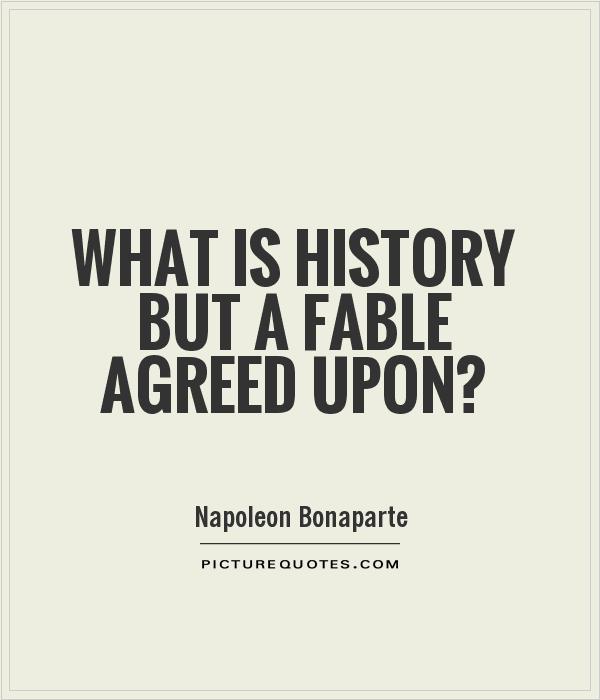
What is history but a fable agreed upon?
Napoleon Bonaparte, the renowned French military leader and emperor, once famously said, "What is history but a fable agreed upon?" This thought-provoking statement challenges us to reconsider the way we perceive and interpret historical events. It suggests that history is not an objective record of past events, but rather a subjective narrative that is shaped by the perspectives and biases of those who write it.Napoleon's words highlight the fact that history is often written by the victors, who have the power to shape the narrative in a way that reflects their own interests and beliefs. This can lead to a distorted and incomplete understanding of the past, as certain voices and perspectives are marginalized or erased altogether. In this sense, history can indeed be seen as a "fable" – a story that is constructed and agreed upon by those in power.
Furthermore, Napoleon's statement raises questions about the reliability of historical accounts and the role of interpretation in shaping our understanding of the past. History is not a fixed and immutable truth, but rather a constantly evolving and contested field of study. Different historians may offer conflicting interpretations of the same events, based on their own biases, ideologies, and sources of information. As a result, history is often a complex and multifaceted narrative that can be open to multiple interpretations.
Napoleon himself was a master of manipulating history to serve his own interests. During his reign as Emperor of France, he carefully crafted his public image and controlled the narrative of his military campaigns to portray himself as a heroic and visionary leader. His words remind us that history is not just a record of past events, but a powerful tool that can be used to shape public opinion and influence the course of events.




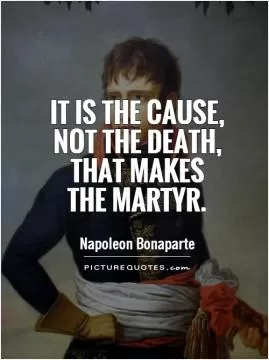
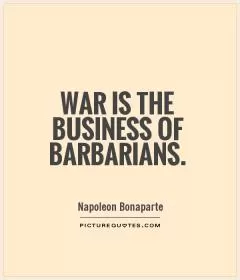



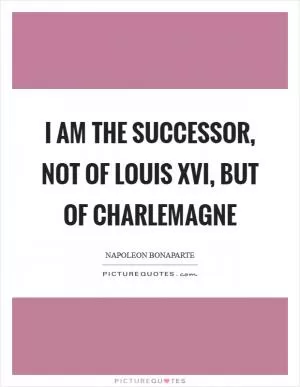
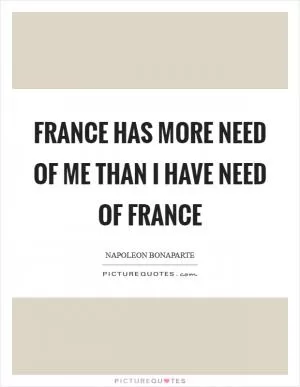
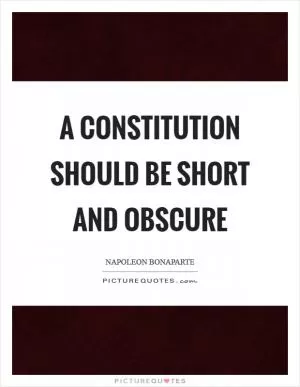
 Friendship Quotes
Friendship Quotes Love Quotes
Love Quotes Life Quotes
Life Quotes Funny Quotes
Funny Quotes Motivational Quotes
Motivational Quotes Inspirational Quotes
Inspirational Quotes